“Most of the people in IT are younger – hired out of college, or after just a few years of experience. As an older person with many years of experience (late 40s), the seemingly constant jokes about being old and not so sharp any longer became tiresome and not so funny to me.” – Actual comment of why an employee left a company
Having several generations working together is extremely common, especially as more individuals find themselves having to work well beyond the typical retirement age. Creating a cohesive, productive team from these various backgrounds can pose a challenge, but with the right approach, is possible. Every employee has something to contribute, whether fresh out of college with the newest curriculum recently covered, or a seasoned workplace veteran with decades of valuable experience.
Typically, the younger employees will have a stronger understanding of current technology, allowing them to be better able to adapt quickly to technological advancements and updated programs. Those who are older have more wisdom as a result of their dedicated work experience, bringing real-world experience to situations younger employees may have only theorized on in classes. Unfortunately, these differences could create a rift, where the older employees are perceived as less advanced and less useful, and the younger ones viewed as unmotivated and completely inexperienced.
As the leader of any team, it is essential to help bridge the generational gap between your employees, which means you must understand them, as well. Talking with your employees and learning about who they are, how they learn, and where they strive to be will allow you to guide them towards specific roles that play to their strengths, ultimately helping the team as a whole.
Organizational culture also plays a major role in bridging the gap, determining whether jokes about age, gender, and more are considered acceptable between coworkers. Does your organization have clear expectations with respect to diversity? Maybe the expectations were poorly communicated or are not regularly reinforced. Offensive jokes can lead to bad morale, turnover among employees, or even worse, potential legal problems.
All employees, regardless of their age, want to be respected by others. No one wants to feel their contributions are not important because of their age or current level of experience. Help to reduce employee turnover by taking the time to know your employees and their skills, knowledge, abilities, and unique capabilities. Then, educate your employees on the values of everyone’s differences. Make sure you are leveraging everyone’s talents to the fullest to build teams that ensure organizational and individual success. You may think this could be a time-consuming process, but it’s really about communicating with your employees. Take time to get to know your employees. It will be time well-spent.
To learn more about improving employee retention at your company with the help of comprehensive exit interviews, turnover benchmarks, and in-depth analytics, contact us today to schedule a live demo.


